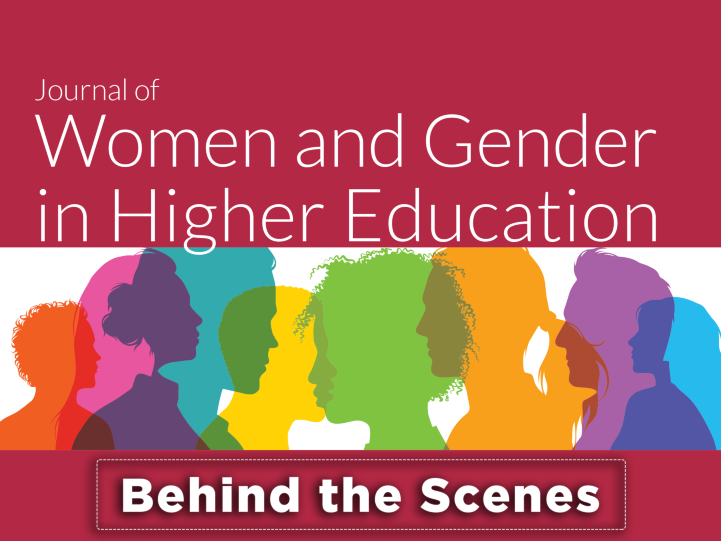
Behind the Scenes: Creando Comunidad: Experiences of Latina Faculty and Staff Mentors at a Hispanic-Serving Institution
Community Womxn in Student Affairs
June 3, 2021
Behind the Scenes: Creando Comunidad: Experiences of Latina Faculty and Staff Mentors at a Hispanic-Serving Institution
Ruth M. López, Ph.D., Maria L. Honey, M.Ed., Hope S. Pacheco, LMSW, and Esmeralda C. Valdez, M.Ed.
It was such an emotional experience to write this article and share the manifestation of our work together in the Journal of Women and Gender in Higher Education. This article represents our collective work and is a testament to the power of Latina representation and mentorship in higher education.
This work is an outcome of a research collective that grew from Las Comadres Mentoring Program at the University of Houston. Every week you can find our research collective meeting in what has become our Xicana sacred space (Soto et al., 2009)—a space created out of love, in resistance, in community, and with purpose and intention. Our meetings embrace check-ins about each other’s lives, not just our work life, but our full lives, the joys, the fears, the smiles, and the tears. We were brought together by our collective desire support undergraduate first-generation Latina students who we shared similar experiences with and we found a network of Latina faculty and staff at the university ready and willing to share in that same spirit. In this article, we are honored to share the voices of mentors and to document their journey as part of the program.
In our research, we found that faculty and staff mentors of Las Comadres experienced profound impacts from being part of mentoring program. We learned that although they joined Las Comadres to mentor undergraduate Latinas, they too were positively impacted through the engagement of the other mentors. Also, through reflections of their own life experiences and participating in program events, mentors learned how to improve their mentoring and better serve students. Given the steady increase of Latinx student enrollment nationally, it is crucial that institutions foster faculty and staff engagement initiatives that have great potential for improving overall student success outcomes. Finally, models like this one provide positive results for the recruitment, retention, and promotion of Latina faculty and higher education professionals.
Abstract
Guided by Chicana Feminist Epistemology, the authors of this study discuss the experiences of 16 Latina faculty and staff who served as mentors in a Latina undergraduate mentoring program at a research-extensive public university designated as a Hispanic-serving institution (HSI). This article focuses on findings from interviews as mentors made sense of their own educational trajectories and discussed how the mentoring program affected them. Findings indicate that although mentors initially joined the program to guide undergraduate Latinas, they also benefitted from a faculty and staff peer network and felt a greater sense of belonging in an institution where they sometimes felt isolated. The findings demonstrate the importance of such mentoring programs at HSIs and can inform how mentoring programs for Latinx students can be designed in ways that benefit multiple stakeholders.
Read more at https://www.tandfonline.com/doi/full/10.1080/26379112.2021.1888746
Reference:
Soto, L. D., Cervantes-Soon, C., Villarreal, E., & Campos, E. (2009). The Xicana sacred space: A communal circle of compromiso for educational researchers. Harvard Educational Review, 79(4), 755–776. https://doi.org/10.17763/haer.79.4.4k3x387k74754q18